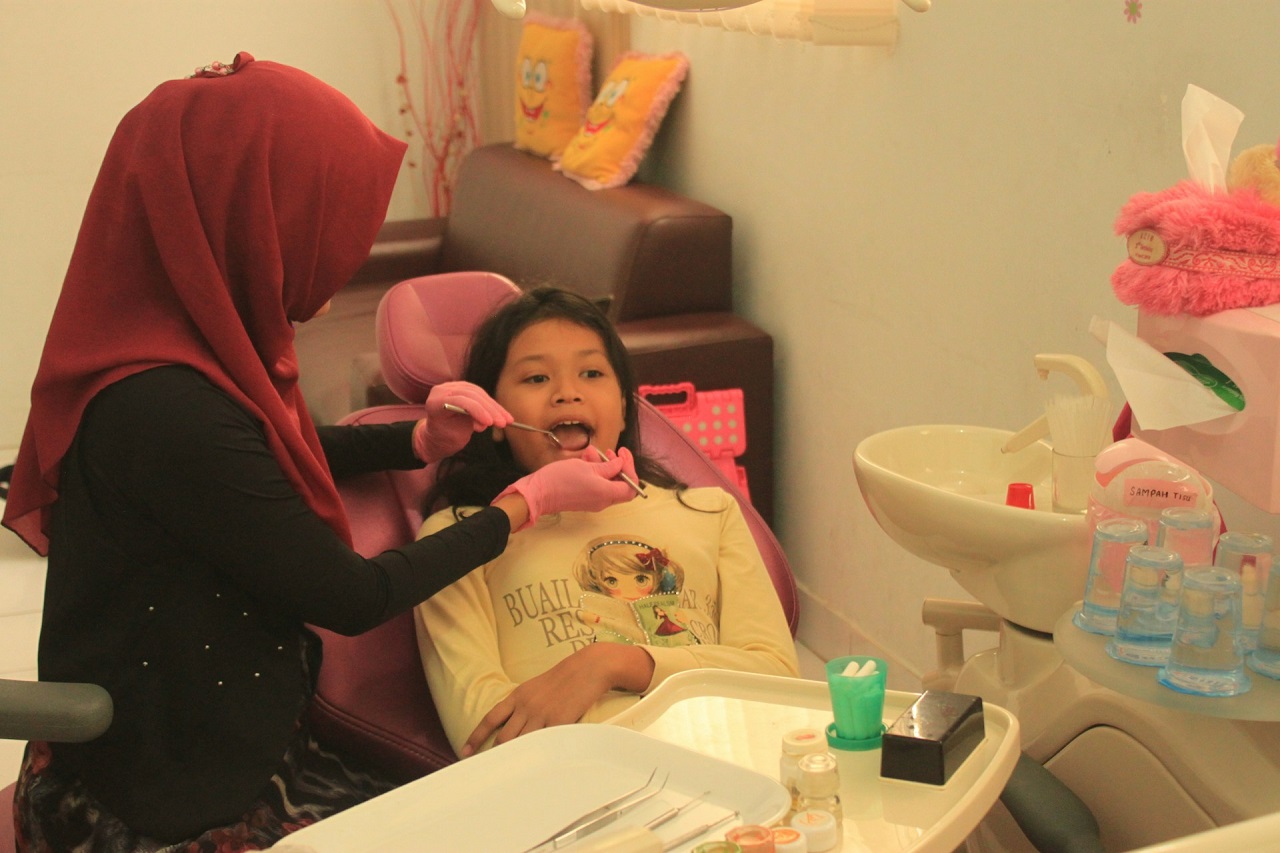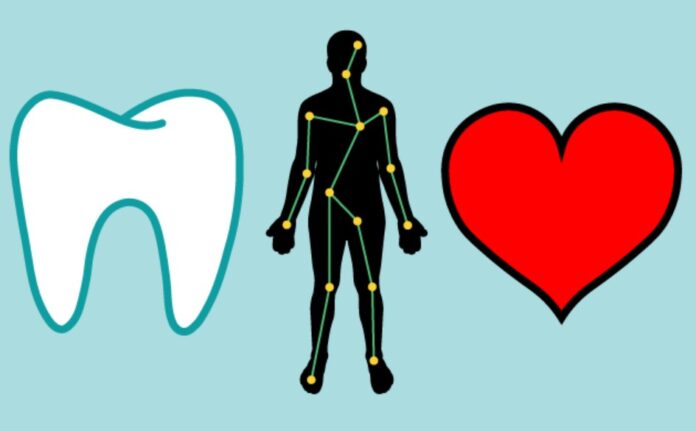When it comes to health, people often think about the heart, lungs, or maybe even mental well-being. But have you ever stopped to consider how your oral health fits into the puzzle? Your mouth is more than just a tool for eating and speaking. It’s a gateway to your entire body, and keeping it healthy is crucial for your overall well-being. Let’s dive into the fascinating relationship between oral health and general health.
Understanding Oral Health
Before we can connect the dots between oral health and general health, we need to understand what good oral health looks like and the common problems that can arise when we don’t take care of our mouths.
What Constitutes Good Oral Health?
Good oral health goes beyond just having a bright smile. It means your teeth are clean and free of debris, your gums are pink and don’t bleed when you brush or floss, and you’re free from pain and bad breath. Maintaining good oral health involves daily practices like brushing, flossing, and using mouthwash.
Common Oral Health Problems
Even with good habits, many people face oral health issues. Some of the most common problems include cavities, gum disease, and oral cancer. Let’s explore these in more detail.
Cavities and Tooth Decay
Cavities are one of the most prevalent oral health problems. They occur when plaque—a sticky film of bacteria—builds up on your teeth. These bacteria produce acids that eat away at the tooth enamel, leading to holes or cavities. If left untreated, cavities can cause severe pain and infection.
Gum Disease
Gum disease, also known as periodontal disease, is an infection of the tissues that hold your teeth in place. It’s typically caused by poor brushing and flossing habits that allow plaque—a sticky film of bacteria—to build up on the teeth and harden. In its early stage, called gingivitis, gums can become swollen and bleed easily. Advanced gum disease, or periodontitis, can lead to sore, bleeding gums, painful chewing problems, and even tooth loss.
Oral Cancer
Oral cancer includes cancers of the mouth, lips, tongue, cheeks, floor of the mouth, hard and soft palate, sinuses, and pharynx (throat). It can be life-threatening if not diagnosed and treated early. Symptoms may include sores that don’t heal, lumps, or rough spots in the mouth, and difficulty chewing or swallowing.

The Connection Between Oral Health and General Health
Now that we understand the basics of oral health, let’s explore how it’s interconnected with our overall health. Your mouth can tell a lot about your body’s health, and neglecting oral care can lead to serious health issues beyond your mouth.
The Mouth-Body Connection
The health of your mouth is a window to your overall health. It can show signs of nutritional deficiencies or general infection. Moreover, systemic diseases—those that affect the entire body—may first become apparent because of mouth lesions or other oral problems.
How Oral Health Affects Overall Health
Poor oral health doesn’t just stay in your mouth. It can have far-reaching effects on your general health. Let’s delve into some of the specific ways that oral health impacts overall health.
Cardiovascular Disease
Believe it or not, your oral health can affect your heart. Studies have shown that gum disease increases the risk of cardiovascular disease, which includes heart disease and stroke. Inflammation and infections caused by oral bacteria can enter the bloodstream and lead to the formation of arterial plaque, which can clog arteries and affect heart health.
Diabetes
There’s a two-way street between oral health and diabetes. People with diabetes are more susceptible to gum disease, likely because diabetes reduces the body’s resistance to infection. Conversely, severe gum disease can increase blood sugar, making diabetes harder to control.
Respiratory Infections
Poor oral health can also affect your respiratory system. Bacteria from periodontal disease can travel through the bloodstream to the lungs, causing respiratory infections such as pneumonia. Maintaining good oral hygiene is especially important for individuals with preexisting lung conditions.
Impact on Pregnancy
Pregnant women need to pay extra attention to their oral health. Hormonal changes during pregnancy can increase the risk of oral health problems, which in turn can affect the pregnancy. Poor oral health has been linked to premature birth and low birth weight.
Systemic Conditions Influenced by Oral Health
Besides cardiovascular disease and diabetes, poor oral health is linked to various other systemic conditions, such as rheumatoid arthritis, certain cancers, and kidney disease. Oral health issues can exacerbate these conditions and vice versa.

Maintaining Good Oral Health
Clearly, taking care of your oral health is crucial for your overall health. But what does maintaining good oral health involve? Here are some practical tips.
Daily Oral Hygiene Practices
Good oral hygiene starts with daily practices. Brush your teeth at least twice a day with fluoride toothpaste, floss daily, and consider using an antimicrobial mouthwash to reduce plaque. Don’t forget to replace your toothbrush every three to four months or sooner if the bristles are frayed.
Regular Dental Checkups
Visiting your dentist regularly is a key component of maintaining oral health. Dental checkups can help catch problems early, saving you from pain and expense later. Aim for at least two dental visits per year. Your dentist can provide personalized advice on how to care for your teeth and gums.
Healthy Diet for Healthy Teeth
What you eat affects your oral health. A diet rich in fruits, vegetables, lean proteins, and whole grains can help keep your teeth and gums healthy. Limit sugary snacks and beverages, as they can lead to tooth decay. Drinking plenty of water helps wash away food particles and keeps your mouth hydrated.
Avoiding Harmful Habits
Some habits can harm your oral health. Avoid smoking and chewing tobacco, as they can cause gum disease and oral cancer. Limit alcohol consumption, which can also negatively impact your oral health. Using your teeth as tools (to open packages, for instance) can lead to chips and breaks.
Conclusion: Taking Charge of Your Oral and General Health
Your oral health is a crucial part of your overall health. By maintaining good oral hygiene, visiting your dentist regularly, eating a healthy diet, and avoiding harmful habits, you can keep your mouth and body healthy. Remember, a healthy smile is a reflection of a healthy you.
FAQs
Q1: How often should I visit the dentist?
A: It’s recommended to visit the dentist at least twice a year for regular checkups and cleanings.
Q2: Can poor oral health really affect my heart?
A: Yes, poor oral health can increase the risk of cardiovascular diseases due to the spread of bacteria and inflammation.
Q3: What are the signs of gum disease?
A: Common signs include swollen, bleeding gums, bad breath, and loose teeth.
Q4: How can I prevent cavities?
A: Maintain good oral hygiene, eat a balanced diet, limit sugary snacks, and visit your dentist regularly.
Q5: Is it safe to visit the dentist during pregnancy?
A: Yes, it’s important to maintain oral health during pregnancy. Inform your dentist about your pregnancy so they can take appropriate precautions.


